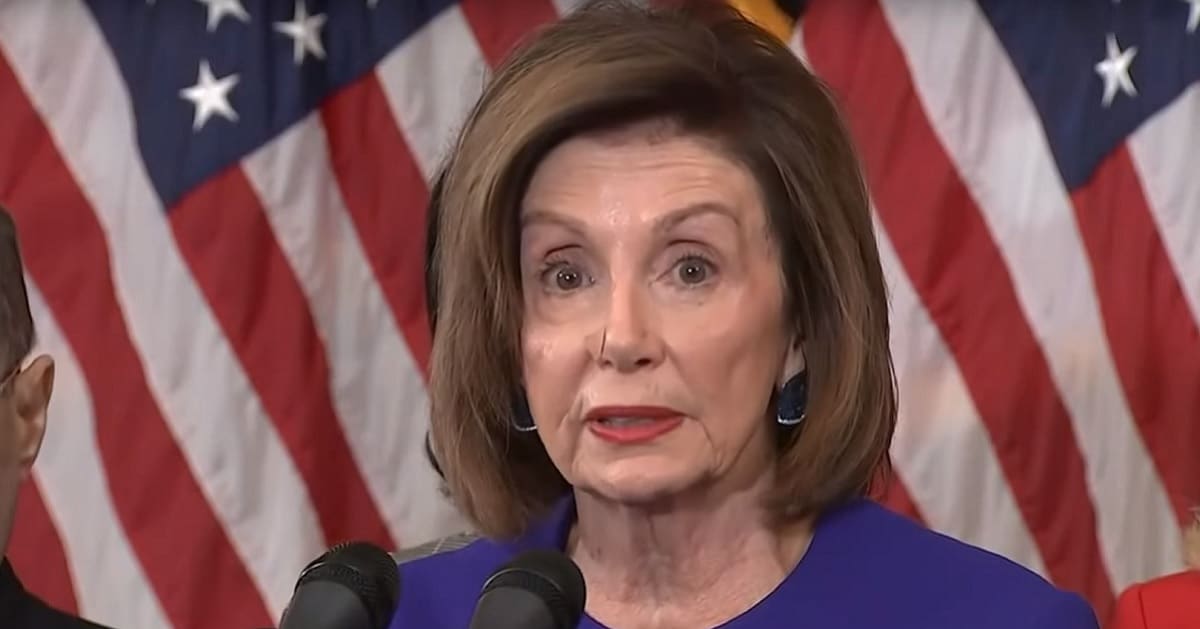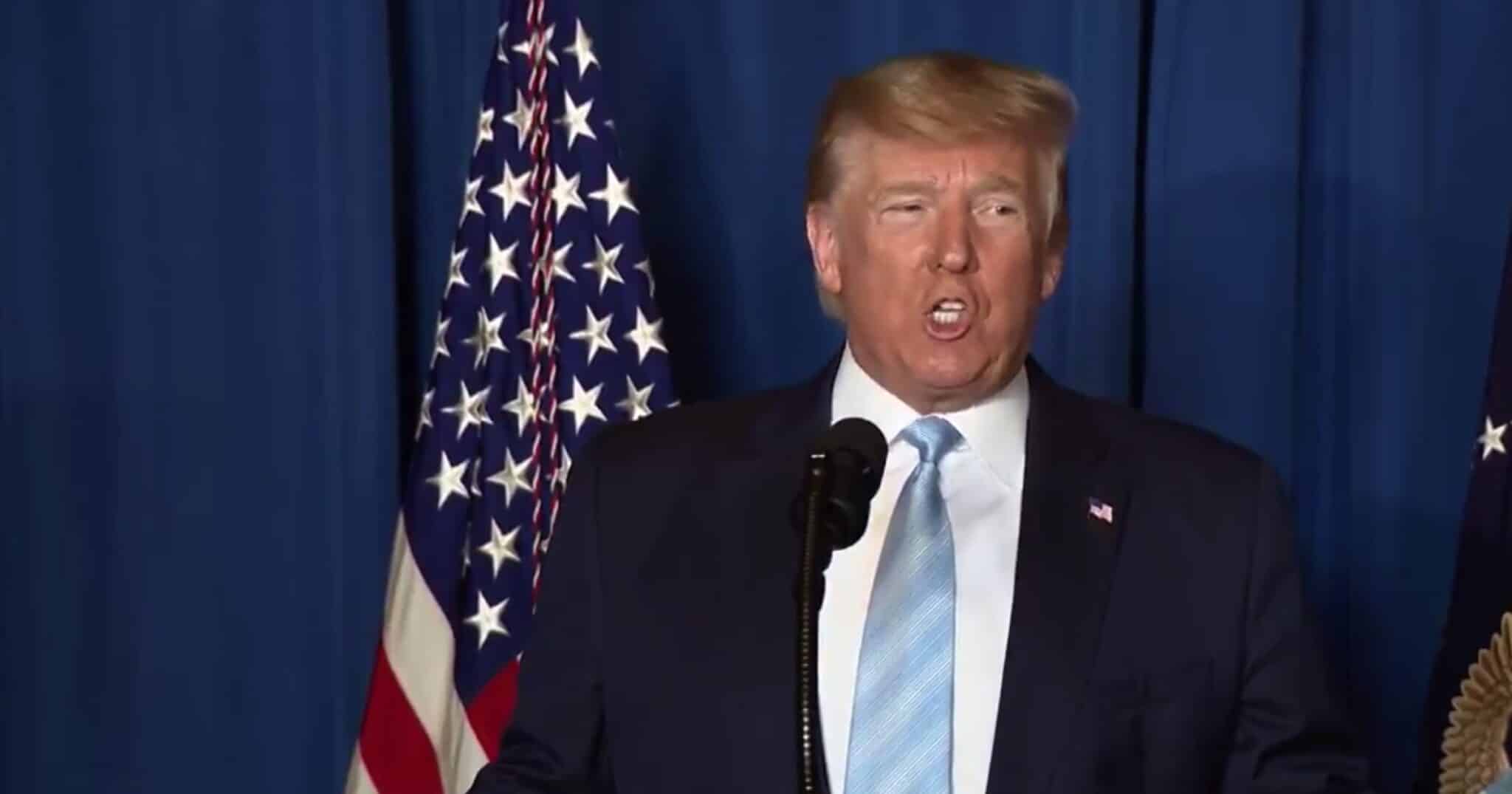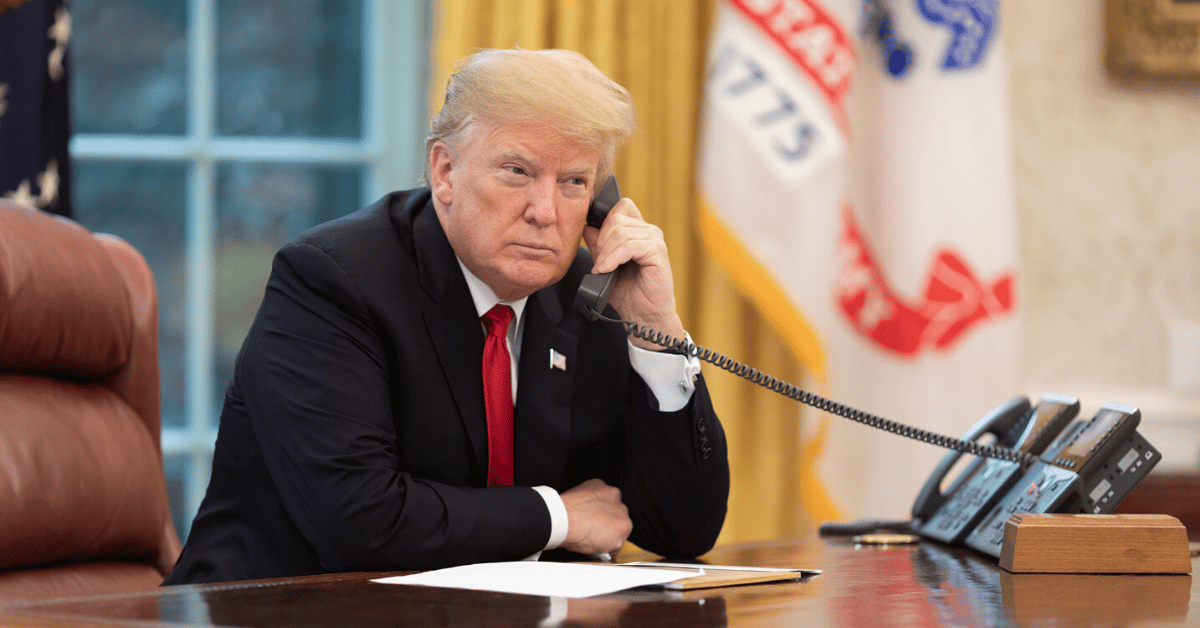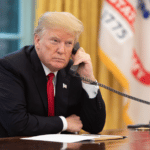




Congressional investigators are delving into allegations of foreign interference in the recent 2024 election. Lawmakers suspect that adversaries like Iran, Russia, Venezuela, and China may have channeled funds to Democratic campaigns via the ActBlue platform.
Just The News reported that the investigation focuses on illicit contributions, possibly obscured through small donations to circumvent U.S. election finance laws.
The inquiry was publicly revealed through correspondence from House Administration Committee Chairman Bryan Steil and Senator Ron Johnson.
They addressed Treasury Secretary Janet Yellen, FBI Director Christopher Wray, and Director of National Intelligence Avril Haines, expressing urgent concerns about potential illicit election funding by foreign entities.
Investigators are keen on accessing Suspicious Activity Reports (SARs) related to donations through ActBlue, submitted by U.S. financial bodies to monitor activities like money laundering. SARs, sensitive documents by nature, must be filed within 30 days if a transaction seems suspicious or exceeds $10,000.
The investigation suggests that foreign players might exploit U.S. donor information, making unauthorized "straw donations."
This practice involves generating contributions under another person’s name without their consent, a tactic allegedly used to funnel foreign money unnoticed.
A related concern is "smurfing," a method where large amounts of money are broken into smaller sums to avoid detection by regulatory agencies. Prepaid cards may be utilized in such schemes, with fraudsters using them to mimic legitimate donors.
While ActBlue is cooperating with the ongoing investigations, it strongly denies any misconduct. The organization asserts its credibility, emphasizing its long-standing role in supporting Democratic and progressive groups through trustworthy fundraising.
A closer look at small-scale donations through ActBlue raised eyebrows when hundreds of individuals were implicated in giving amounts that seemed disproportionate to their financial capacity.
Such anomalies prompted Steil’s committee to refer materials to attorneys general in 19 states for potential probes under consumer fraud regulations.
Adding legal dimensions to the saga, Mark Block, a Republican consultant, filed a lawsuit in Wisconsin, claiming his campaign email was fraudulently used to make donations through ActBlue.
The implications extend back to historical allegations of similar practices, reminiscent of past election interference episodes like the "Chinagate" scandal.
Congress suspects prepaid credit cards are integral to these covert donations. In a recent briefing with intelligence officials, frustrations mounted over the FBI's alleged unawareness of "smurfing" activities. Lawmakers were reportedly surprised at the lack of investigatory progress on this issue.
Following pressure, ActBlue agreed to implement enhanced security measures, particularly for Texas-based donations, by requiring a CVV number for credit card contributions. This change follows scrutiny over the platform’s previous lax security protocols.
A controversial video circulated by a conservative journalist accused ActBlue of facilitating money laundering, which the organization dismissed as false information.
These developments continue to stir political tensions, further politicizing the probe into election fundraising ethics.
Letters sent by Steil and Johnson indicate a robust push for financial transparency and accountability.
Their request for SARs echoes broader concerns about the vulnerabilities of online donation systems in safeguarding against foreign manipulation.
As investigators forge ahead, the outcome of this probe remains uncertain. However, the findings could have significant implications for future electoral funding transparency and regulation. This complex investigation underscores the challenges of securing elections against covert foreign interference and ensuring fair practices in political fundraising.



